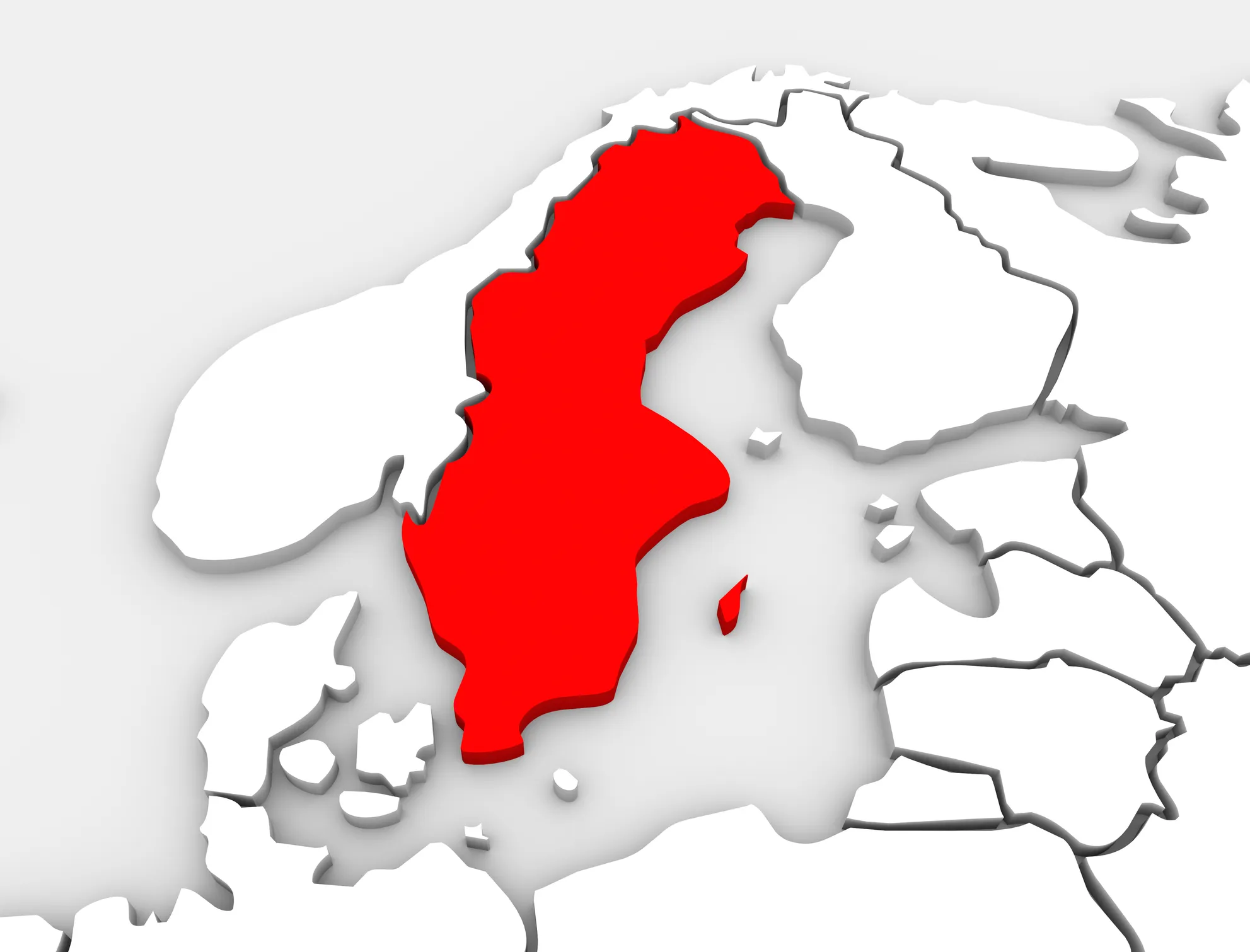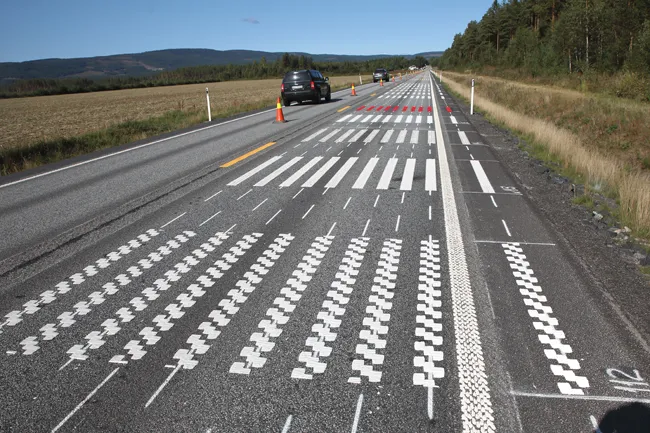Nordic road conditions vary between Sweden and Norway.
By MJ Woof
February 8, 2021
Read time: 1 min

The quality of road conditions varies greatly between Nordic neighbours Norway and Sweden. Norwegian roads appear generally in good shape according to a recent survey, while Sweden needs to address road condition in rural areas, as shown be recent research.
A report carried out by Vista Analyse for the road traffic association Opplysningsrådet for Veitrafikken (OFV) has shown that the quality of Norwegian roads improved during 2014-2019. The Norwegian Road Administration (Statens Vegvesen) increased its road maintenance budget during this time, while individual states also boosted spending on road repairs and maintenance. On average some €19,354km/year is spent on maintaining county roads and €48,385/year on national and European highways in Norway.
But a survey by the Swedish trade association Transportföretagen shows that more than 10% of Sweden’s state roads are in poor condition, with a key issue being those links in rural areas. The report is based on data collated by the Swedish Transport Administration (Trafikverket) of the country’s 98,500km state road network. According to the report an additional €533 million/year will have to be spent until 2030 to address the issue. Insufficient maintenance of rural roads has been identified as being a particular problem.








